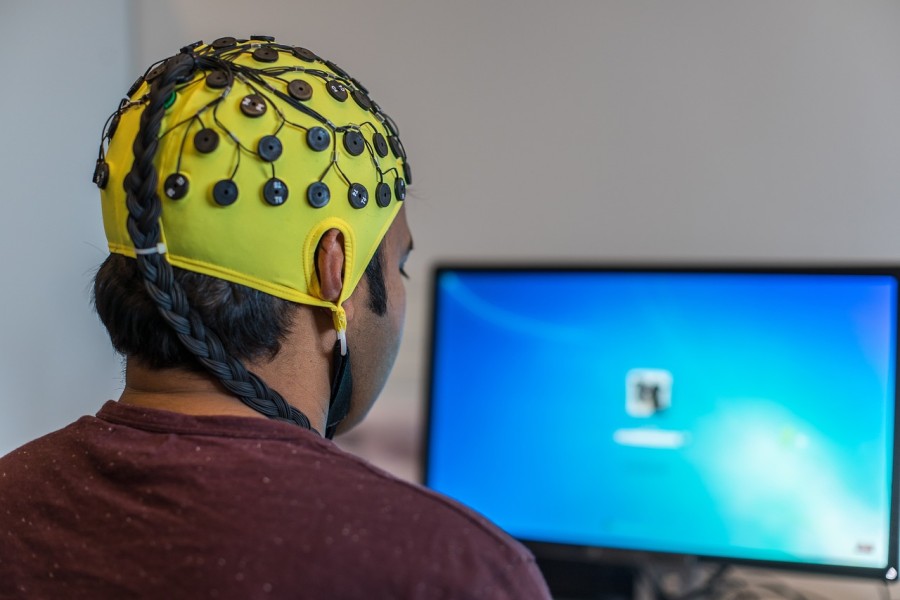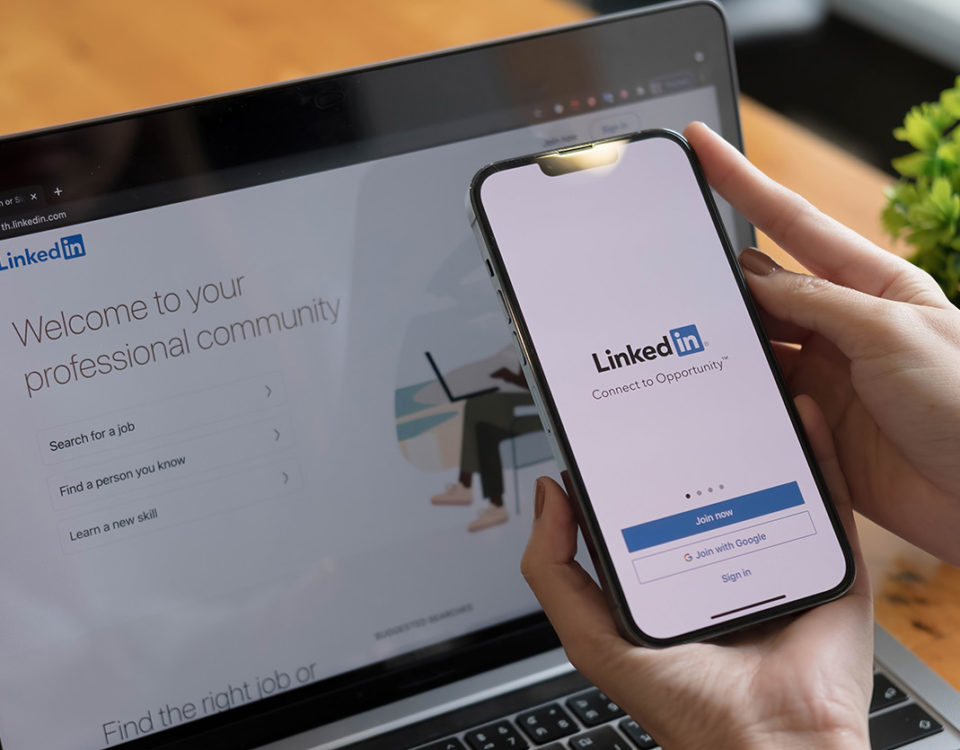
The Trials and Tribulations of Transition
November 17, 2017
Get to know new Chief Marketing Officer, Joanne Charley
January 8, 2018
Have you had a proposal or project that you worked so hard on get ripped apart?
Thought you had a deal in the bag and then they called to say “sorry, we aren’t choosing you after all“?
Shared a great idea that you were proud of until everyone else thought it wouldn’t work?
Worked hard for the past year, having great results, but moved to a different position with less responsibility and influence? Meanwhile, others who didn’t work as hard ended up with a promotion.
Are you terrified of public speaking? (or wonder why in a research study on fear public speaking ranks unnaturally highly out of all our fears?)
Each time you get rejected by others it hurts. It hurts a lot more than we like to admit to ourselves or to those around us. Why? Is it because we are a little insecure, looking for approval and worry too much about what others think? Or is it simply rooted in our own individual dysfunction? Why can’t we just shake it off, not take it personally and get on with our work or our life?
I can do a workshop with 40 partners and get 5/5 on all evaluations except for one, and all I can think about is what I could have done to win over that one person that gave me a 4.5.
What’s the Science?
Thanks to social cognitive science and the advent of newer, faster brain imaging technologies (think MRIs or EEGs), we can now monitor what really happens to people when they are rejected or disappointed and see what region of their brain is activated and how it responds.
For example, when we twist our ankle and experience physical pain, we say it hurts. When we lose a loved one, we say it hurts. When a spouse leaves us, we say we have a “broken heart”. We would never tell someone with a broken bone to “get over it”. Yet when it comes to our social losses, we often do give that response.
UCLA Professor and author of “Social: Why Our Brains Are Wired to Connect”, Dr. Matthew Lieberman, claims in his research that our brains fire and respond to social pain the same way as it does to physical pain. Meaning that social pain can actually feel as bad as physical pain. One study even showed that taking a Tylenol each day reduced social pain. No wonder it feels so bad to be rejected by those we love or care about.
Interestingly, at the Shulman Laboratory, studies were conducted to determine what is happening in our brain when we stop doing cognitive or motor work; that is, when we are not accounting, writing a proposal or reading a blog. Rather than observe what happens when we have a task to do, Dr. Shulman studied what the brain does when it’s “off duty”, “resting” or in “default mode”. His research showed that our default thoughts shift from the task at hand to thinking about social relationships. When our brains are on a ‘coffee break’, so to speak, certain parts of it light up and get more active when we are doing “nothing”. So why do portions of our brain become more active when you are finished performing a math problem? When our brain is not put to work, its default neural network starts to process social and emotional content. Think about it: when you get in your car, go for a walk, or just before you fall asleep, do you start to think about things like recent arguments, something someone said in the hallway at work, or a recent conflict with your partner? Close your eyes now for 30 seconds. Do nothing. Did your thoughts instantly switch to your social world? The default brain network is to work on interpersonal issues when otherwise not put to use. This leads to the simple question of why? Why has our brain evolved to work on social belonging when resting?
If 93% of 13,000 people studied have good eyesight, you would think that our survival in this world would depend on our eyesight improving and evolving. 95% of people also report having friends. So, is this an accident? By the way, in the theory of Dunbar’s Number, it’s determined that if you know 150 people, there are more than 10,000 relationship pairs to consider. Each of us needs to maneuver within complex social networks to survive in our personal and professional lives, so we pay close attention to all that goes on in this sphere of our world.
An Ancient Brain in a Modern World
Ultimately, we are no longer hunter-gatherers roaming from place to place. Instead, we’ve settled into spending most of our lives predominantly in one location with a community of similar people. Our survival in the modern world depends on our ability to interact and co-exist with others. Our income, jobs, power, and influence all depend on being able to interact harmoniously with others. So, when we are rejected, criticized or face disapproval by our “tribe members” even slightly, we feel threatened and at risk. We are triggered by fear (to fly) or anger (to fight) or apathy (to play dead). In ancient society, if the tribe decided someone didn’t belong, they would be banished, kicked-out, and would surely die of starvation or be eaten. Not that far back, we were burning people at the stake for practicing witchcraft. We shift into a base fight or flight response to deal with this perceived threat or danger. If someone doesn’t like me, I might lose my job or not get my bonus. And although most of this rejection or criticism doesn’t amount to any “real” physical threat or danger, our primitive, emotional, old brain (responsible for monitoring our environment and alerting us to danger) triggers a strong physiological response regardless. It doesn’t distinguish between real danger and perceived danger. It reacts the same when you get demoted, insulted by a peer in a meeting, or lose an important high-profile deal as it does when you find a bear on your patio or a cougar in the trees (yes, these are in fact real threats up here in Canada) So no, you are not crazy or emotionally dysfunctional. You are just perceiving all these moments of rejection, criticism and disappointment as a real threat and danger to your survival, even though you are safe from physical harm. At our core, we are wired to be social; our survival and success depend on it (as does the survival and success of websites like Facebook or Instagram, for that matter).
So, the next time you are selling your product or services, help your prospect realize that your solutions will not only solve their business problems but —more importantly— will also help them look good to their peers, acquire more power and recognition, and maybe even land them a promotion.
Want to learn more about how our brains are wired to connect with each other? Check out Matthew Lieberman’s book social.



